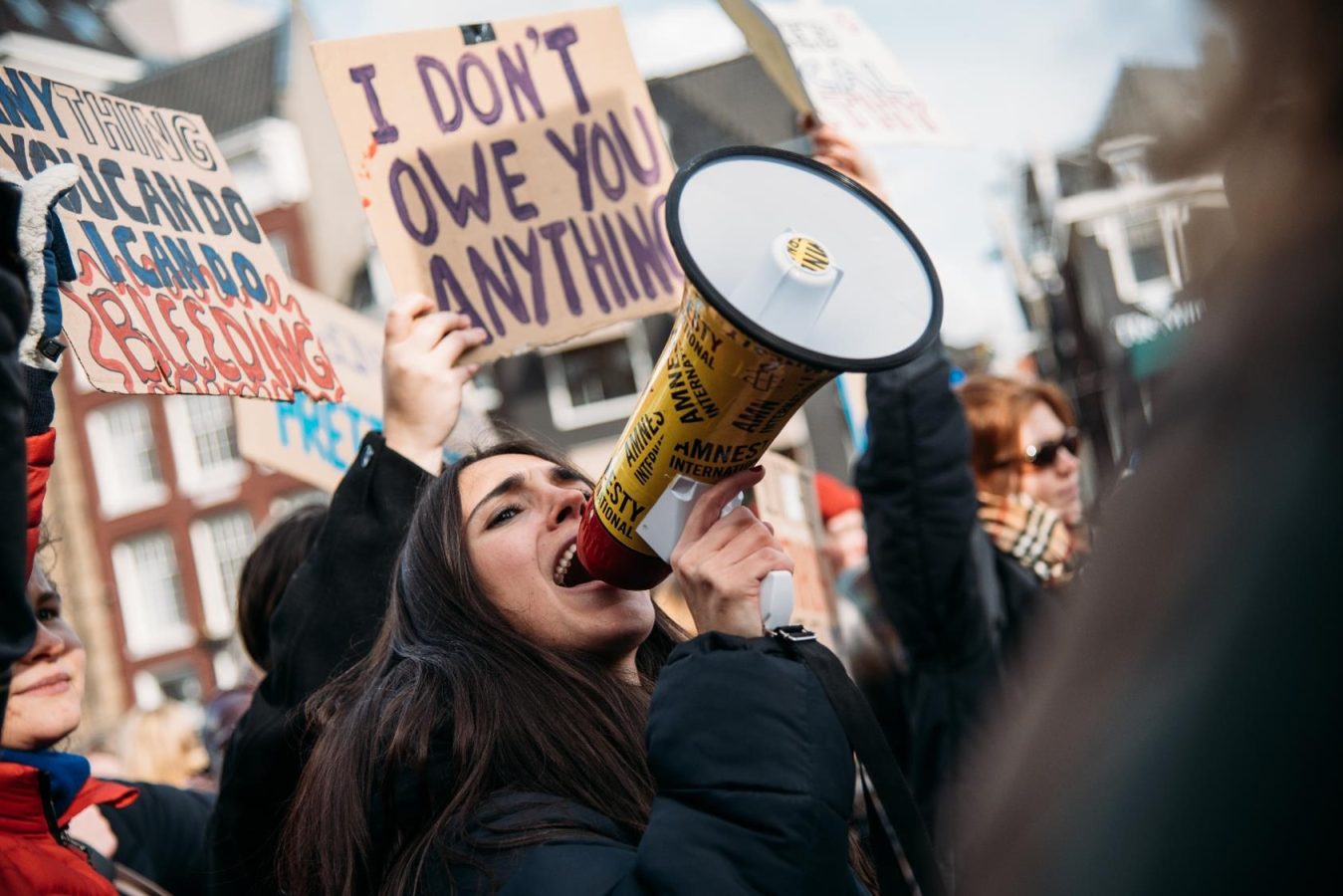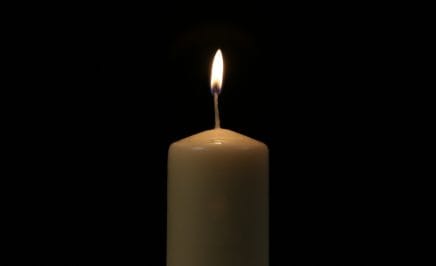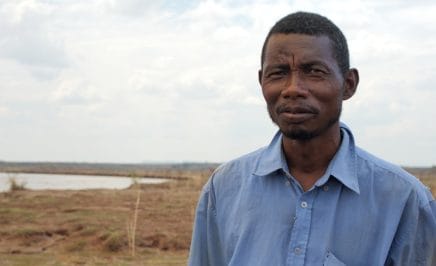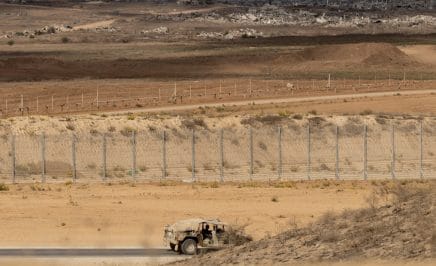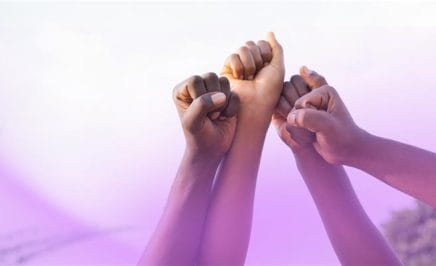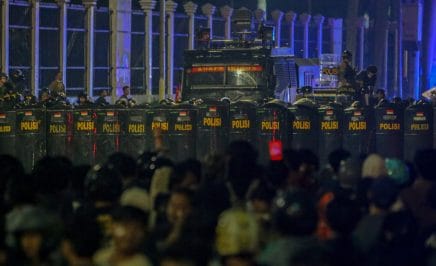This International Women’s Day, women’s rights are under attack across the world. Feminists are standing up, working within their cultures to change perspectives and fight for basic human rights.
Conflict and authoritarianism are on the rise, and they disproportionately impact women and minority groups. They’re the first to have their rights threatened. However, women aren’t passive victims, and they are both quietly and boldly resisting the attacks on their lives. We, as feminists, must express our solidarity by supporting their work and platforming the voices of those on the ground, where it’s safe to do so. When we recognise that an injustice against one is an injustice against us all, our movements are stronger.
Life under the Taliban: the crime of being a woman
In Afghanistan women are putting their lives on the line to oppose the Taliban. They’re running underground schools, continuing to demonstrate in the streets, supporting their communities whilst facing surveillance, torture, arbitrary detention, enforced disappearances and assault.
Under the Taliban, women can no longer leave their homes unless accompanied by a male family member. They cannot speak to a male who isn’t a family member. And they must wear a ‘proper hijab’ in public or face persecution. Women cannot work in most of the spaces they had previously – including as Parliamentarians, journalists, or even for aid agencies, which has had a detrimental effect. Life-saving aid simply can’t reach many women and girls, especially single-headed households run by women. Every day, restrictions on women and girls under the Taliban become more severe. Members of the Afghanistan community in Australia have shared with me that they believe the Taliban are making it a crime to be a woman.
Despite the dangers, the women of Afghanistan across the world are organising and resisting the oppressive regime. Former women Members of Afghanistan’s Parliament have formed a ‘Parliament in Exile’ to continue supporting their communities from across the world, women rights’ defenders find ways of supporting women to survive and get word out to international journalists and agencies, mothers and young women communicate safe passages and access of basic aid, women are sewing to sell products to survive. The women of Afghanistan have not given up hope, and feminist activists must not either.
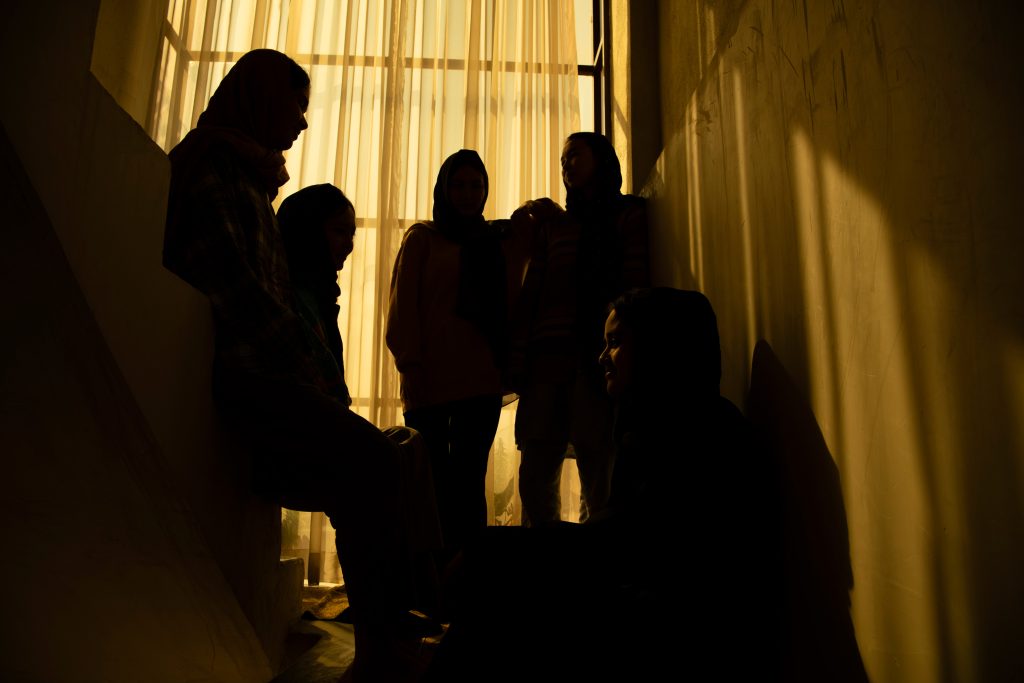
Iran’s ‘morality police’ inflict horrific violence on women and girls
Across the border in Iran, where many Afghans have fled, women are continuing to fight for basic human rights under the violent Iranian Regime. In 2022, Iran’s ‘morality police’ arrested 22-year-old Kurdish-Iranian Mahsa Jina Amini for alleged non-compliance with the country’s mandatory hijab rules. Shortly afterwards, Mahsa died with horrific injuries This sparked the Women Life Freedom revolution. The movement calls for an end to the brutal regime that suppresses human rights and specifically targets women and girls. Last year, unidentified perpetrators poisoned Iranian schoolgirls with chemical gas attacks targeting girls’ schools. Oppressive regimes seem to be threatened by educated young women. This attack on girls’ right to an education must stop.
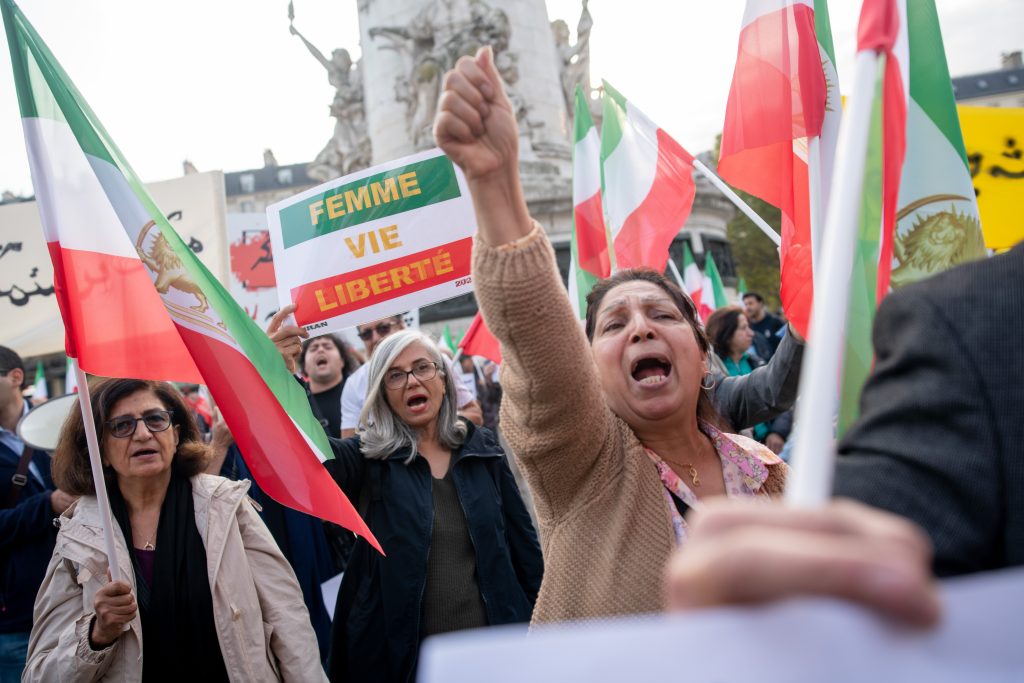
Recently, Amnesty International reported that Iranian authorities are waging a large-scale campaign to enforce repressive compulsory veiling laws through widespread surveillance of women and girls. Authorities have confiscated tens of thousands of women’s cars for defying the laws. They’ve subjected many of those women to flogging or forced them to attend ‘morality’ classes. Iranian artists have expressed their horror at what’s happening through art. They’ve resisted through powerful exhibitions, dance demonstrations (dance is currently banned in Iran), and music. Anything to get the world’s attention.
One thing that’s really hit me as I have marched with Iranian communities is the solidarity between people of all genders. Men stand shoulder to shoulder with women as they fight for basic human rights. Feminist activism isn’t exclusive to women. We need everyone to join the movement if we’re to achieve change.
Everyday Iranians across the globe gather, march, and dance in protest of what’s happening in their country. One thing that’s really hit me as I have marched with Iranian communities is the solidarity between people of all genders. Men stand shoulder to shoulder with women as they fight for basic human rights. Feminist activism isn’t exclusive to women. We need everyone to join the movement if we’re to achieve change.
Australian attitudes toward women among the most misogynistic in the world
Here in Australia, we have a long way to go on women’s rights, especially our cultural perspectives. In a recent global survey, Australian men ranked among the most misogynistic. They fell only just behind Saudi Arabia, stating that they believe “gender inequality doesn’t really exist.”
Men’s violence against women has risen dramatically in Australia. You only have to take one look at Dans Bain’s ‘Lost Petition’ or Sherele Moody’s red heart campaign. The rate of homicides against women has grown higher each year since data was collected. Sexual violence is of major concern, with one in five women in Australia having experienced sexual violence since the age of fifteen. Yet the attitudes simply don’t match up. Twenty-eight percent of Australian men believe women make up or exaggerate claims of rape and abuse. In the online space, Australian one in five men believe it is okay to share intimate images of a woman online without their consent, the second highest ranking in the world.
There are several growing trends in Australia steering us away from a more equitable world, something we must acknowledge and challenge. We can’t challenge cultural attitudes from inside a silo, and it’s not ‘women’s’ work. Australian men must stand up against sexism and misogyny.
We must connect deeply with feminists across the world if we’re to effectively do our work. We must use every opportunity to create cultural intentions towards a safer, more equitable world where everyone is able to live a life of dignity free from abuse. Together, we can move towards justice. For our human rights movements – we must address power imbalances and work together. Everyone’s voice matters. Everyone’s issue is important. You don’t need to ask anyone to be a feminist or a women’s right defender – you can just do it! Feminism is for everyone.
Kathryn Allan is a feminist anthropologist and a specialist in Gender Equity and Social Inclusion. She works on Amnesty International Australia’s Movement team.
